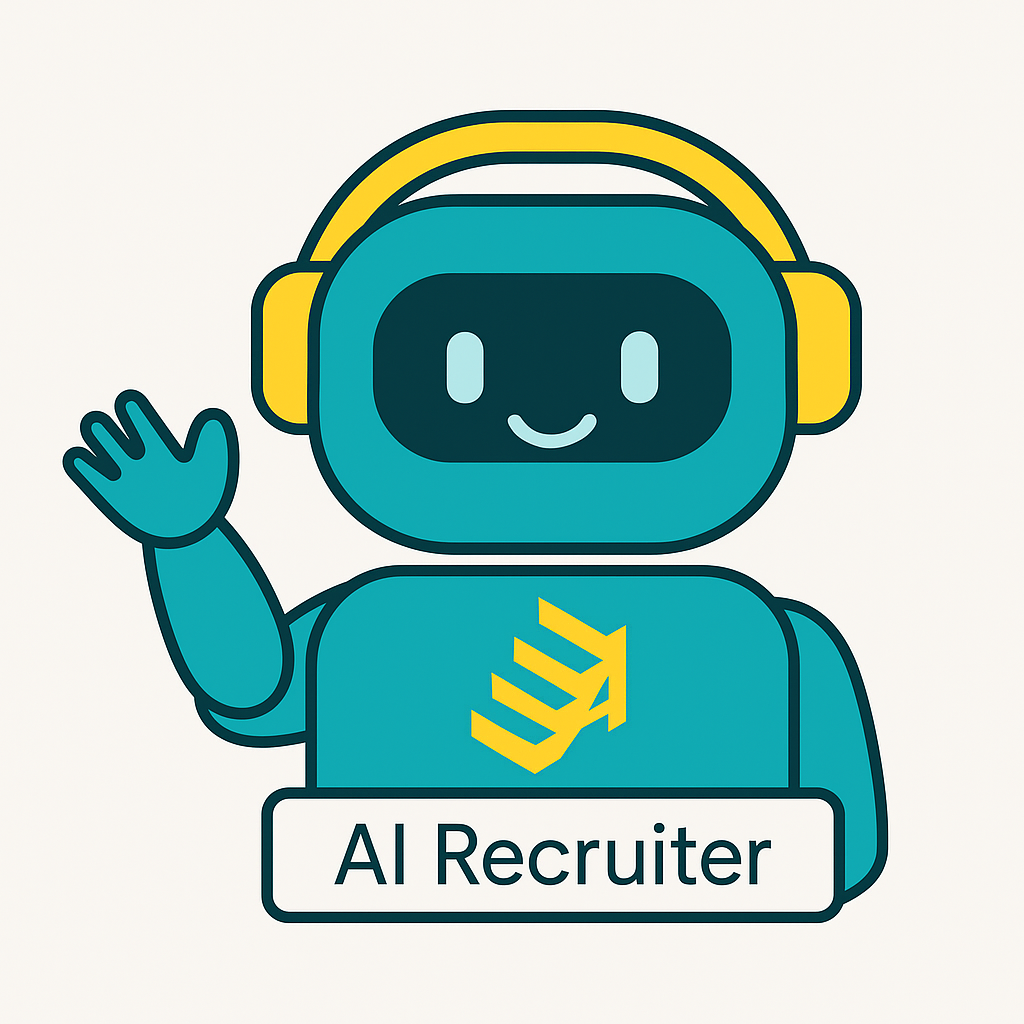The Human Cost of Silence: Why Candidate Experience Matters
Behind every resume is a person—someone making a decision about their future. Applying for a job isn’t just a task; it’s an act of vulnerability. Candidates take a risk every time they hit “submit.” They craft thoughtful cover letters, tailor resumes, research your company, and often prepare for interviews while juggling other responsibilities. And too often, they hear nothing back.
That silence is deafening. It’s more than frustrating—it’s demoralizing. It makes candidates feel like they don’t matter. And it’s happening across the board, in companies of every size, in nearly every industry.
The Black Hole of Applications
Many candidates describe the experience of applying for jobs as sending their resume into a "black hole." They hit submit, and then… nothing. No confirmation. No update. No rejection. Just silence.
This isn’t just bad manners—it’s bad business. Poor communication during the hiring process erodes trust. It damages your employer brand. It discourages future applications. And worst of all, it tells people that their time and effort weren’t worth a simple acknowledgment.
Ghosting Is a Two-Way Street
The frustration doesn’t end with the application. Candidates who make it to the interview stage often face a different kind of silence—no feedback, no follow-up, no closure. This post-interview ghosting is especially painful because of the emotional and time investment involved.
Ironically, employers are increasingly frustrated by candidates who ghost them—accepting offers and never showing up, or vanishing midway through the process. While this behavior is unprofessional, it’s also, in many ways, a learned response. Candidates have spent years being ghosted. Some are simply mirroring the experience they’ve come to expect.
Technology Changed the Game—but Not the Rules
Modern hiring tools—applicant tracking systems, automated screening, AI-powered messaging—have streamlined recruiting. But in that efficiency, we’ve lost something vital: human connection.
Recruiting is, at its core, relational. It’s about trust, communication, and mutual evaluation. Technology should support that relationship—not replace it. But too often, we’ve allowed automation to reduce the process to a series of transactions.
Just because we can automate every step doesn’t mean we should. Candidates aren’t data points. They’re people making big decisions about their futures. And people remember how you made them feel.
Why Employers Must Lead the Change
As employers, we have the power—and the responsibility—to do better. A quality candidate experience is not just about kindness. It’s a strategic imperative.
- Recruiting is relational, not transactional: Candidates are evaluating you as much as you are evaluating them.
- Technology is a tool, not a substitute: Automation should enhance—not replace—human interaction.
- Your company culture starts with your recruitment process: First impressions matter. Culture isn’t just for employees—it’s how you treat everyone who interacts with your brand.
- Brand reputation: Every candidate interaction reflects on your company. Treating people well—even if they don’t get the job—builds goodwill.
- Talent attraction: Candidates talk. A positive experience increases the chances they'll refer others or apply again in the future.
- Reduced ghosting: When candidates feel respected and informed, they’re more likely to stay engaged.
- Efficiency: Clear communication reduces follow-up questions, confusion, and wasted time.
What Better Looks Like
Improving candidate experience doesn’t require a major overhaul. It requires thoughtfulness, consistency, and a commitment to treating people like people.
Here’s how:
- Acknowledge every application – Even an automated message is better than silence.
- Close the loop – If someone interviews, follow up—whether or not they’re moving forward.
- Set expectations – Be transparent about timelines and next steps.
- Give feedback – When possible, provide constructive input. It’s rare and meaningful.
- Train your team – Make sure hiring managers understand that candidate experience matters.
- Use tech wisely – Automate where appropriate, but never at the expense of the relationship.
- Keep it human – When in doubt, connect person to person. Technology should serve the process, not replace the humanity in it.
It’s Time to Break the Silence
Candidates are making life-changing decisions when they apply for a job. They’re choosing to engage with your company, often at a moment of transition or uncertainty in their lives. That deserves more than a form letter—or worse, nothing at all.
Let’s move beyond the black hole. Let’s stop ghosting. Let’s treat every candidate—whether they’re hired or not—with the respect and dignity they deserve.
Because recruiting isn’t just a process. It’s a relationship. And when we get that right, everyone wins.






